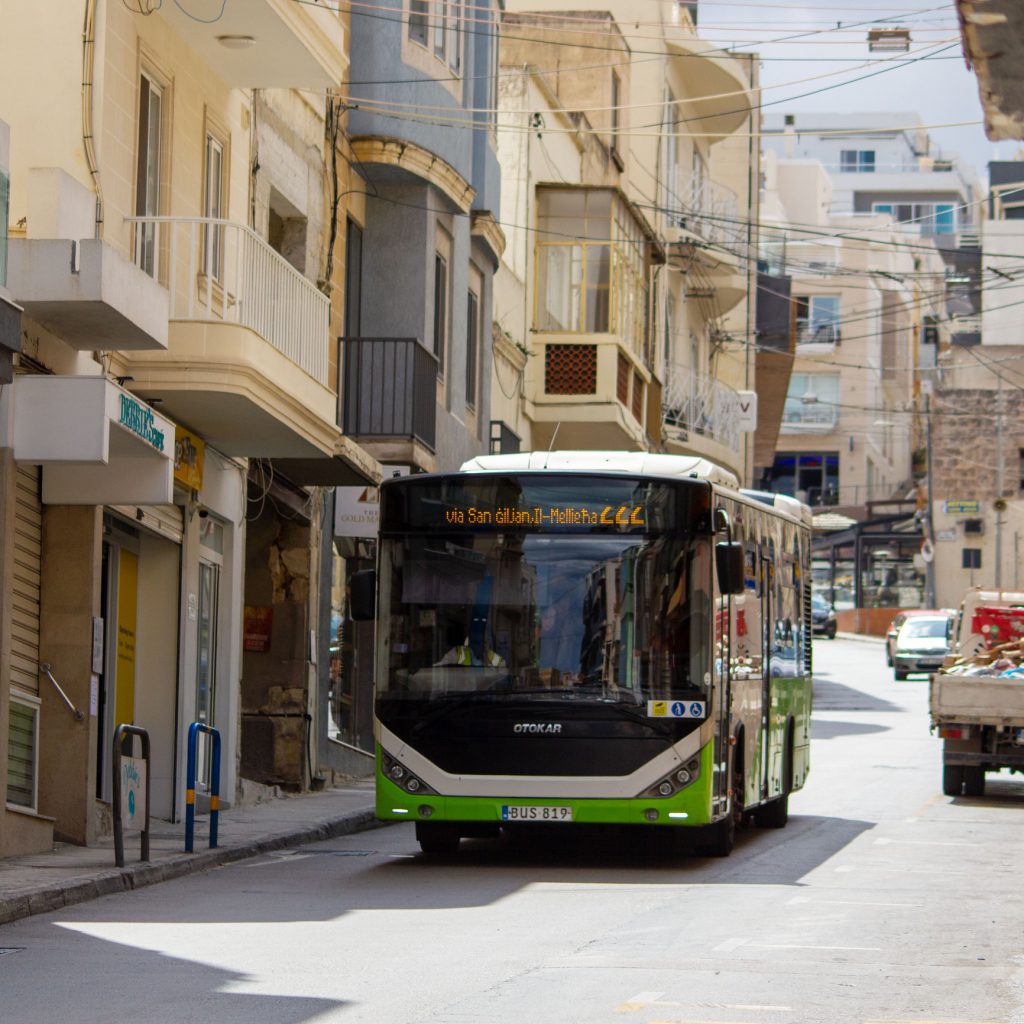The free bus service initiative – has it really worked?

Since October 2022, taxpayers have shouldered a significant financial burden, amounting to €32 million, to make bus services free of charge. The rationale behind this decision was sound: to incentivize greater utilization of buses, thereby reducing reliance on private cars and alleviating traffic congestion. However, as we reflect on the past 15 months, it becomes increasingly evident that the intended objectives have not been achieved.
Undoubtedly, there has been an increase in patronage, but the promised alleviation of traffic congestion has failed to materialize. One crucial factor contributing to this discrepancy is the demographic shift in bus users. Instead of predominantly local commuters, the increase in patronage is primarily attributed to a surge in foreign users. While there’s nothing inherently problematic with this trend, it does highlight a critical flaw in the strategy: the failure to induce a modal shift in transportation preferences among the local population.
At this juncture, it is imperative to question the efficacy of continuing to invest millions in a scheme that yields limited tangible benefits. While proponents may argue that making bus services free eases the financial burden on citizens, particularly amidst escalating inflation, the fundamental objective of reducing traffic congestion remains elusive. This failure is exacerbated by the ongoing rise in population, effectively shifting the goalposts continually and undermining the feasibility of achieving meaningful change through the current approach.
It is time for a reassessment of our transportation policies. Merely making bus services free of charge is insufficient to induce the desired behavioural shift towards public transport. A more comprehensive strategy is necessary, one that addresses not only financial barriers but also incorporates measures to incentivize sustainable transportation choices and manage urban growth effectively.
Investing in public transportation infrastructure, enhancing service quality, and promoting alternative modes of transport such as cycling and walking are just a few potential avenues to explore. Meanwhile, the metro proposal seems to have vanished in thin air. Unfortunately, this is looking more than ever to have been a government pre-election stunt.
While the intention behind making bus services free of charge was noble, the evidence suggests that it falls short of achieving its intended objectives. Policymakers must prioritize solutions that deliver tangible results and address the root causes of traffic congestion and environmental degradation. It’s time to rethink our approach to transportation planning and invest in strategies that promote sustainable mobility for all.
